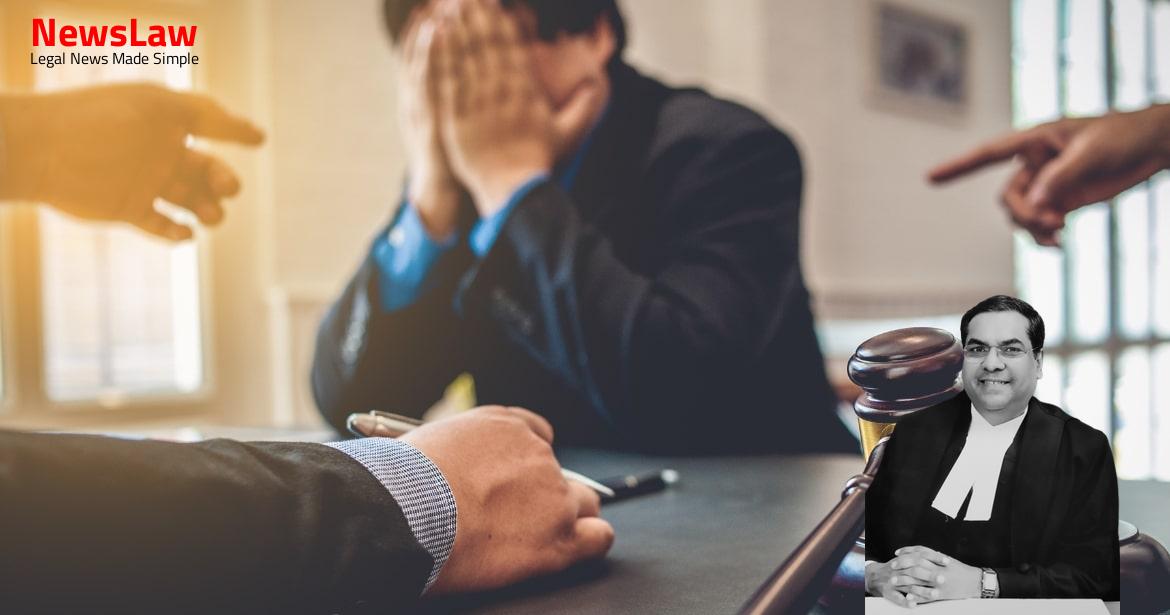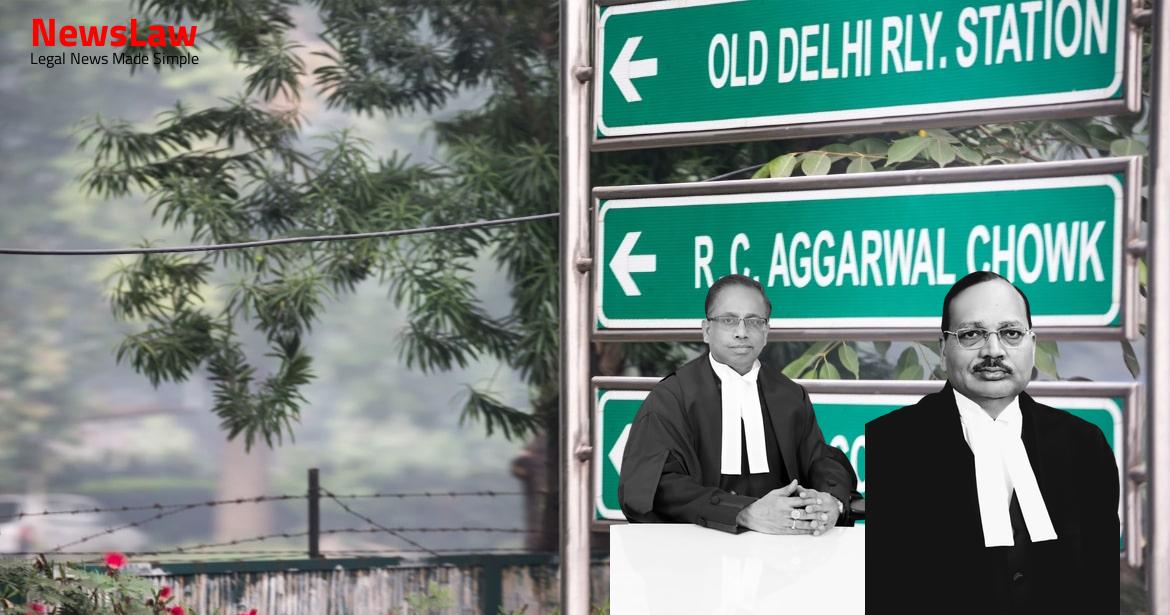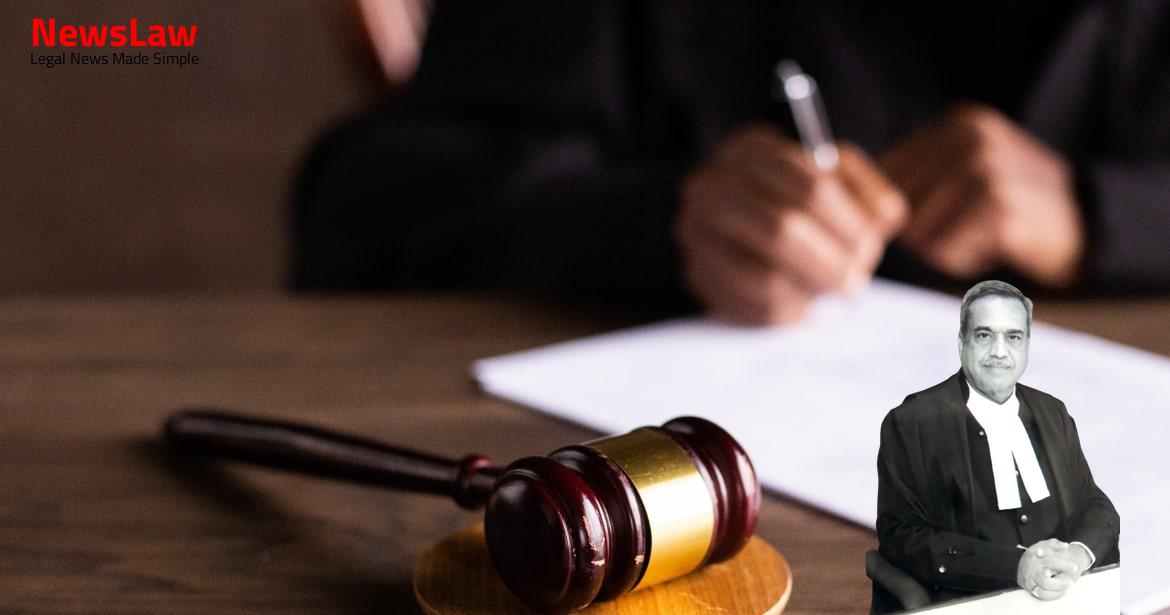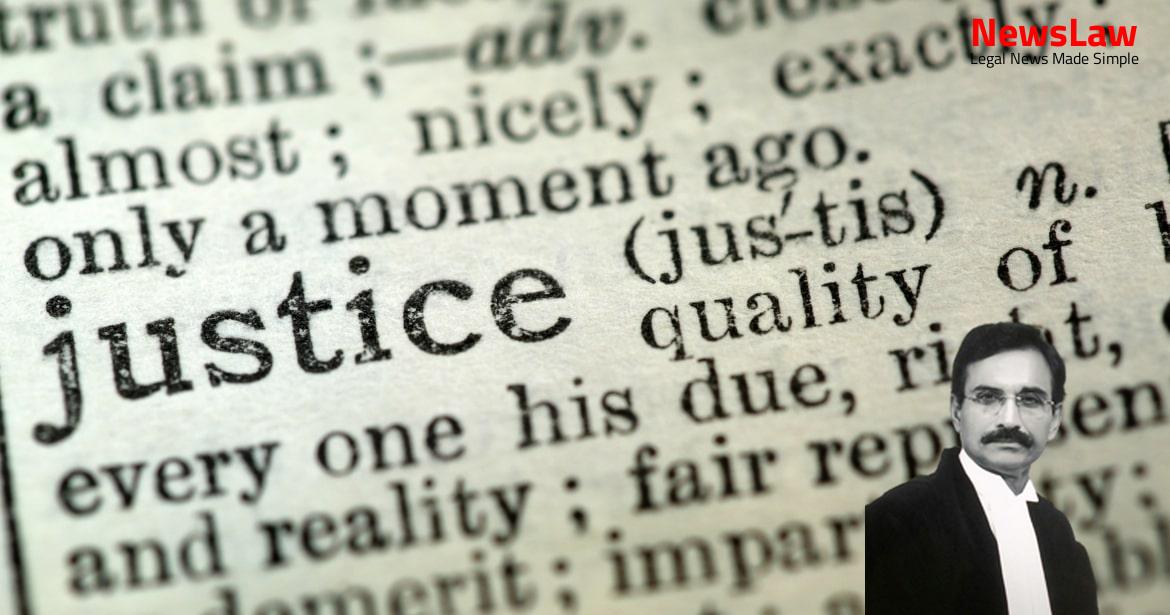In a recent legal development, challenges have arisen regarding the vires of Section 7(1) of the 2023 Act in the Election Commission. Stay applications were dismissed in response to the petition questioning the constitutionality of the legislation. The case involves multiple applications seeking intervention and stays, raising concerns over the selection procedure for the vacant Election Commissioner positions. Stay tuned to understand the implications and legal intricacies of this ongoing case.
Facts
- On 09.03.2024, Mr. Arun Goel, EC, resigned and it was accepted with effect from the same day.
- This resignation resulted in a second vacancy for the post of EC.
- A revised note on 09.03.2024 preponed the meeting of the Selection Committee to 14.03.2024 for filling up the two vacant posts of Election Commissioners.
- The meeting originally scheduled for 15.03.2024 was rescheduled to 14.03.2024.
- The Search Committee could not finalize and shortlist names during its meeting on 13.03.2024.
- Applications for stay were filed soon after the resignation of one of the ECs, as the writ petition challenging the 2023 Act was sub-judice before the Court.
Also Read: AIDS Misdiagnosis Case: Appellant vs. Armed Forces Tribunal
Analysis
- The Courts do not strike down legislation, even when some cogent contention is raised, without declaring it unconstitutional.
- In certain cases, interim orders may be warranted despite gross violation of Fundamental Rights on balance of convenience.
- Remand at this stage is not a resolution to the matter.
- The details of the challenge to the vires of Section 7(1) of the 2023 Act will not be delved into at this stage.
- Having two more Election Commissioners helps maintain balance and checks in the electoral process.
- Stay is not granted automatically and must consider the sanctity of the electoral process.
- Suspension of legislation is an exception, not the rule, and not to be done unless extremely necessary for crisis situations.
- Replacing or modifying Section 7(1) of the Act would amount to enacting a new law.
- The concern is expressed over the selection procedure for the vacant EC positions.
- Balance of convenience, along with prima facie case and irreparable injury, is a key consideration for granting stay or injunctions.
- Interlocutory remedies aim to maintain status quo unless exceptional circumstances justify interference.
- The principle of plurality in the Constitution is important, and any challenge to the law may or may not succeed.
- Granting stay would lead to uncertainty and confusion, particularly with the upcoming General Elections.
- Interfering with the selection process should only be done in rare and exceptional cases, ensuring fairness and procedural sanctity.
- The Court does not invite nor issue a mandamus to the legislature to make a law.
- The Court does not ‘invite’ the legislature to make a law in a particular manner.
- Implementation of the Constitution depends on the goodness of those in power.
- The judgment in Anoop Baranwal notes appointments of the CEC and ECs made over the years without legislation.
- Article 324(2) allows the President of India to appoint CEC and ECs in the absence of parliamentary law.
- Anoop Baranwal records a legislative vacuum in the absence of an enactment under Article 324(2).
- The Court issued directions to constitute a Selection Committee as a temporary measure due to the lack of legislation and unique provisions.
- Interim orders in matters of legislative constitutionality require judicial restraint unless the provision is clearly unconstitutional or violates fundamental rights.
- Petitioners have not questioned the merits of the persons selected/appointed as Election Commissioners.
- Once a constitutional post holder is selected, they are duty bound to act in accordance with the Constitution.
- It is assumed that Election Commissioners will adhere to constitutional role and propriety in their functioning.
- It is not deemed appropriate to pass any interim order or direction at this stage due to the upcoming General Elections for the Lok Sabha.
- Passing an interim order could lead to chaos and virtual constitutional breakdown.
Also Read: MSSIDCL v. SSPL: Compound Interest Dispute
Decision
- The prayer for grant of stay is not accepted.
- Applications seeking stay are dismissed.
- Applications seeking intervention in specific cases are also dismissed.
- The observations in the order are tentative and not final or binding as the matter is sub-judice.
- Multiple applications seeking stay in various cases are dismissed.
Also Read: Case Summary: Nirmal Premkumar v. State Rep. By Inspector of Police
Case Title: DR. JAYA THAKUR Vs. UNION OF INDIA (2024 INSC 246)
Case Number: W.P.(C) No.-000014 / 2024



